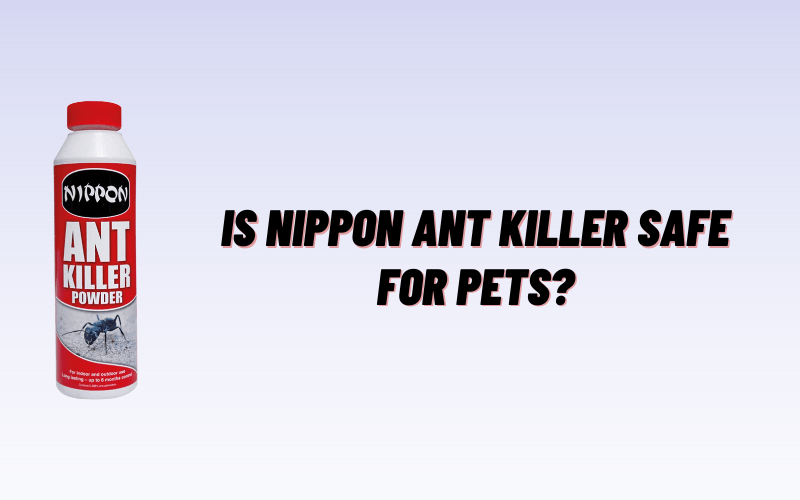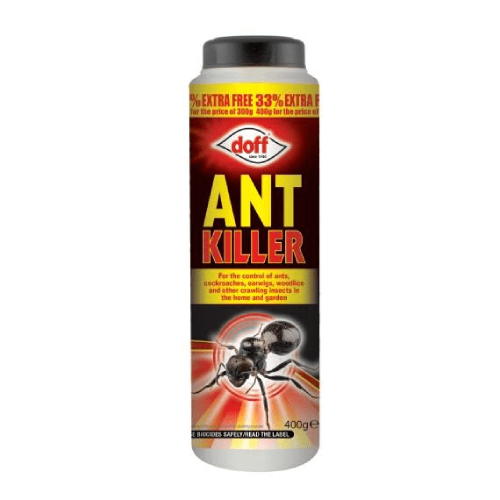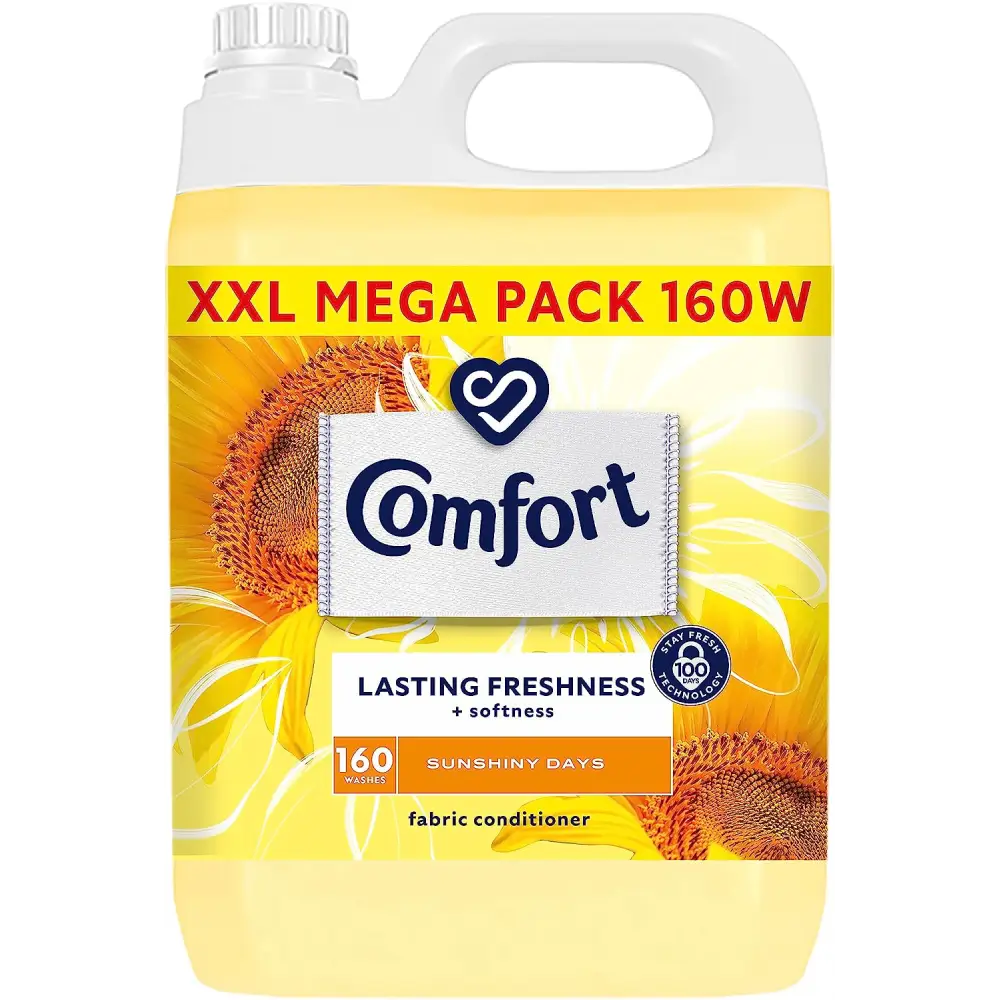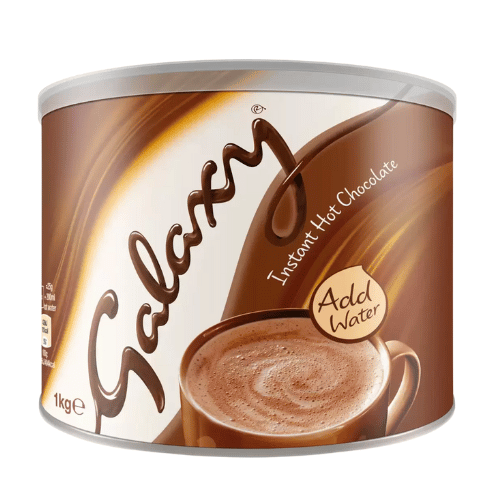
Introduction
Nippon ant killer is an effective pesticide for ants and other crawling insects to control in and around homes. However, the safety of using this medicine around animal pals worries pet owners.
In this post, we’ll look into whether Nippon ant killer is safe for pets and several non-toxic ant-control options.
Buy Ant Killer Powder

How does ant killer work?
Permethrin, the active component of Nippon ant killer, is an insecticide brand. Insects neurological systems are disrupted by the synthetic pyrethroid permethrin, which causes paralysis and death.
In addition to Nippon ant killer powder, liquid, and gel forms, Nippon ant killer is also offered in other formulations.
Know More: Is Butane Gas Harmful
Buy Our Comfort Sunshiny Days

Is Nippon ant killer safe for pets?
Following the package’s directions, Nippon ant killer is safe for pets. Pets should be kept away from the treated area until the substance has completely dried remembering is vital. This is due to the possibility of toxicity occurring if pets eat the substance after licking their paws or fur.
The symptoms of mistakenly giving an ant killer to a pet might include vomiting, diarrhea, drooling, tremors, and convulsions. In extreme circumstances, it may potentially result in death.
Consequently, if you think your pet has consumed an ant killer, it’s critical to get them to the doctor immediately.
It’s also important to remember that different pets could react differently to permethrin. This includes cats, who are understood to be more vulnerable than dogs to the toxicity of permethrin.
Thus, it is advised to avoid using ant killers near cats or use alternate, cat-safe ant control techniques.
Check Out Galaxy Instant Hot Chocolate

Alternatives to ant killers that are suitable for pets
There are several alternatives to traditional management techniques that are safe for pets. Here is a couple:
Vinegar: Vinegar may be used to keep ants out of your house since they don’t like the scent of vinegar. Spray an area around your home’s access points using a solution that combines equal parts water and white vinegar in a spray bottle.
Borax: A natural mineral called borax may be used to exterminate ants. Borax and sugar should be combined in a container and placed in ant-infested regions.
Diatomaceous earth: Made from fossilized diatoms, diatomaceous earth is a harmless, natural Nippon ant killer powder. It kills insects, especially ants, by dehydrating them.
While using an ant killer around dogs is typically safe, there are a few things to remember. Here are some suggestions to bear in mind:
Consult the label: Always read the label when applying any pesticide, including Nippon ant killer. Important details on how to use the product safely and efficiently are provided on the label.
Keep pets away: Pets should not be allowed near the treated area until it has completely dried, as was previously advised. It’s crucial to prepare ahead of time and keep pets in different parts of the home during this period because it might take many hours.
Maintain appropriate product storage: ant killers and other pesticides should be stored securely from pets’ access. Ensure that the product is sealed tightly in its original container for storage.
Consider using natural alternatives: If you’re worried about an ant killer’s safety near your pets, think about switching to natural options like vinegar, borax, or diatomaceous earth.
Contact a specialist: If you’re unclear on how to use an ant killer near pets safely, consider speaking with a veterinarian or pest control specialist.
Conclusion
When used following the package’s directions, the killer is often safe for use on dogs. To avoid unintentional consumption, dogs should be kept away from the treated area until it has dried completely.
There are various solutions available if you’re seeking pet-friendly substitutes for ant killer, including vinegar, borax, and diatomaceous earth.
Read More: is Ant Killer Powder Harmful to Humans?





